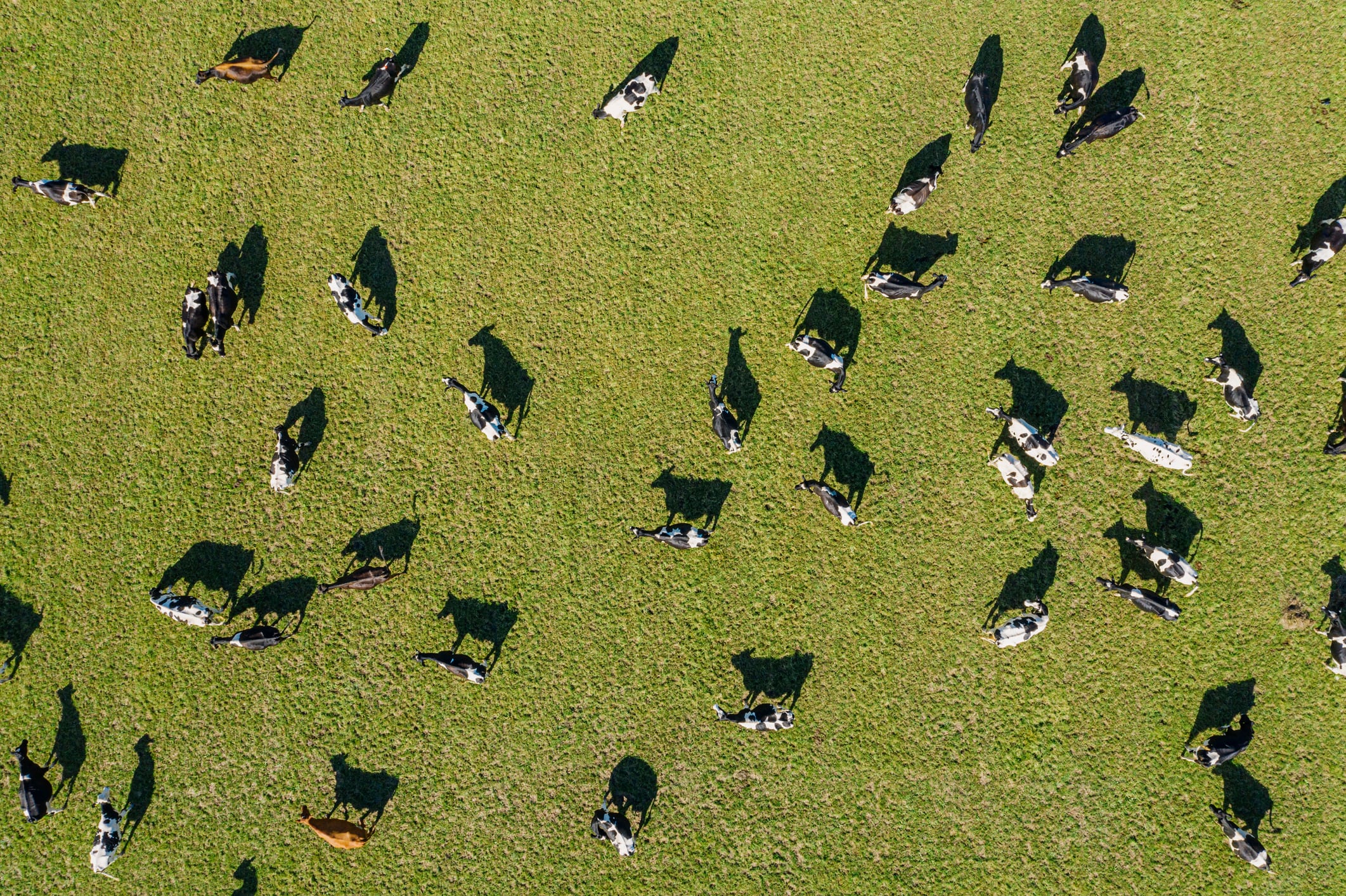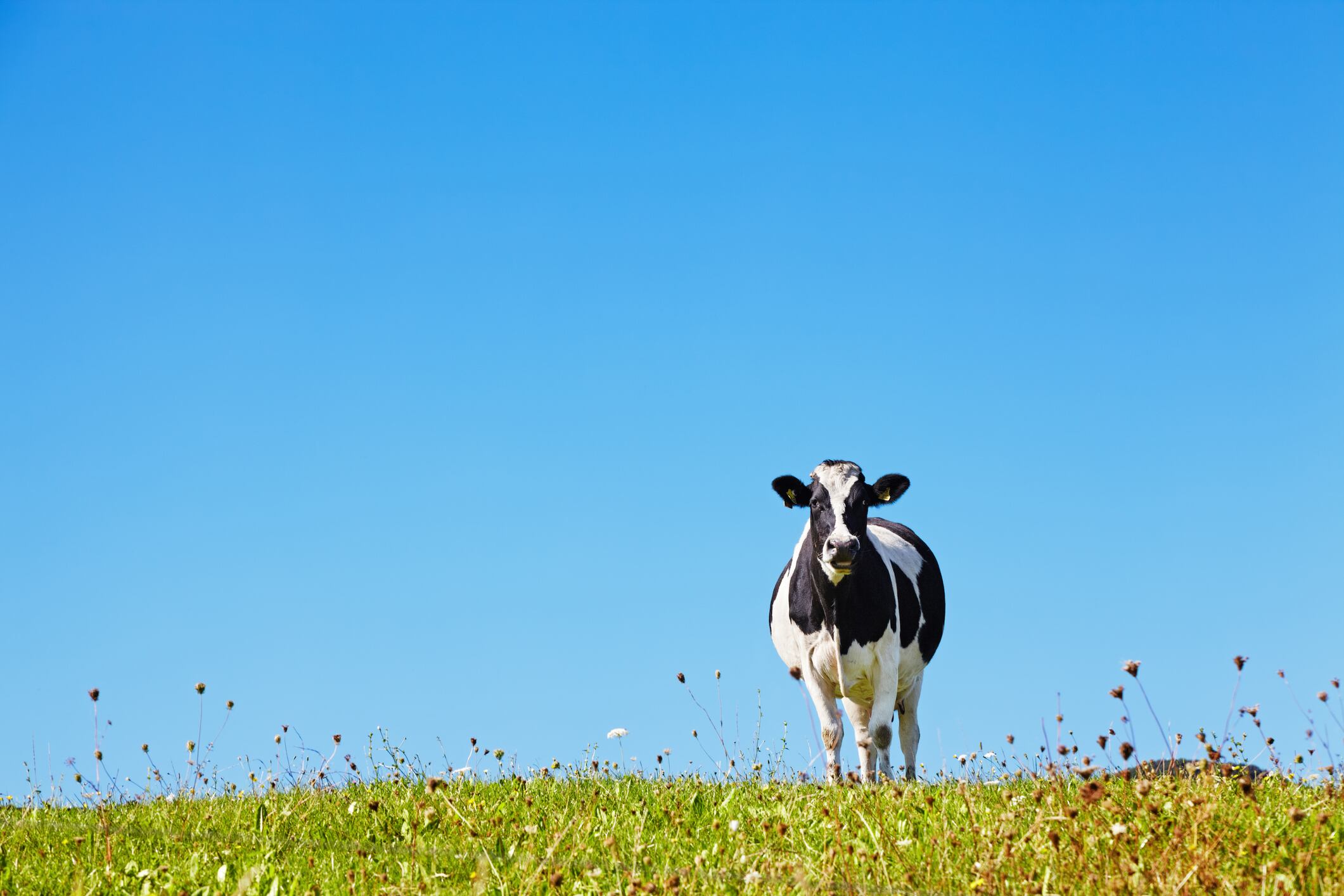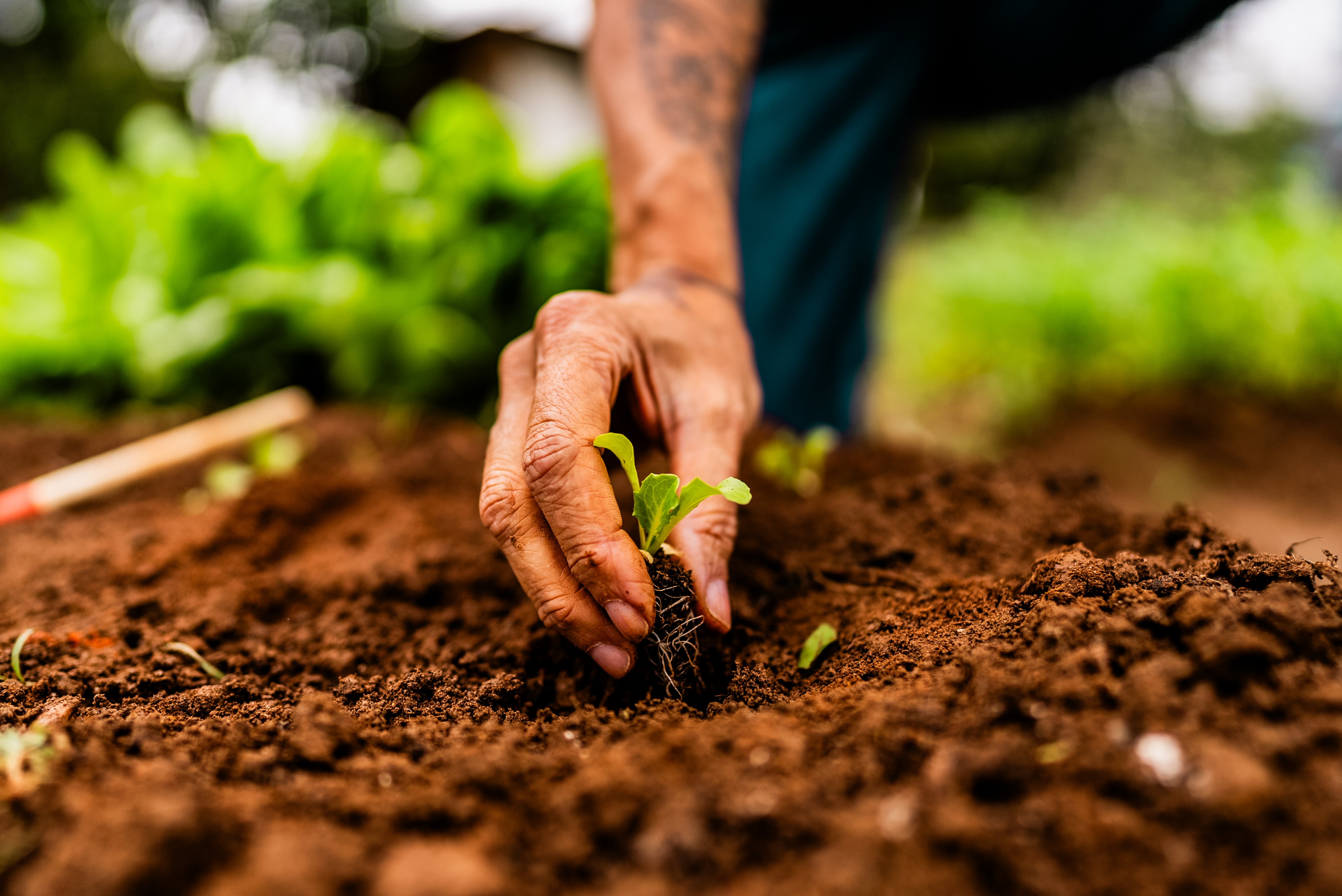It invested AU$1.5m (U$980,085) in Australian agri-biotech company Nbryo to accelerate the development of its proprietary reproductive technologies and bring them to New Zealand.
This technology was attracting to AgriZeroNZ because of the potential to accelerate the impact, said Wayne McNee, CEO of AgriZeroNZ.
“Dairy genetics companies in New Zealand and around the world are already working on identifying low methane animals and Nbryo’s technology has the potential to amplify the impact of low methane genetics by spreading them more rapidly and broadly.”
McNee believes this could be a powerful tool to support the spread of low methane genetics.
“Genetic improvement is a long-term game, but Nbryo’s technology seeks to speed up the process, allowing farmers to breed more emissions efficient livestock faster… As opposed to using a low methane bull team, where only one of the parent’s genetics are guaranteed to be low methane, Nbryo’s technology selects and will combine both parents’ genetics in the lab, ensuring low methane offspring.”
While similar technology has been used in cattle breeding programmes for decades, Nbryo’s methods make embryo transfers more accessible and affordable for everyday farmers.
“Imagine the AI technician pulls up to a farm but instead of a tank of bull semen, they’ve got a tank of embryos. The moment you put them in your cows, your herd is years ahead genetically,” said Nbryo CEO Paul Niven.
Niven told AgTechNavigator: “The impact is immediate; the first season a producer moves to IVF their breeding program can move ahead in leaps and bounds.”
This marks AgriZeroNZ’s tenth equity investment to provide New Zealand’s farmers with a range of affordable and effective emissions reduction tools.
“This is our first investment in technology to accelerate genetics and an important part of our diverse portfolio. Reducing emissions through genetics is a compelling option for farmers as it’s already a familiar practice on-farm,” said McNee.
He elaborated: “From a farmer perspective, genetics has the appeal of already fitting into existing farm practices – it’s not a new tool to implement. It’s also permanent and cumulative and can stack with other tools for greater reductions. However, farmers will want a range of options to reduce emissions, and this type of technology should be additive with others we are investing in.”
Laying foundations in NZ
The company is about to start a 1,500-cow trial in Australia to test its transfer device and as it lays the foundations to break into the New Zealand market.
“We are working to identify the most suitable go to market partners for the technology in New Zealand to ensure the Nbryo Technology Platform is best delivered to kiwi farmers. In the next 12 months we would like to see this relationship established and embryo production to begin,” said Niven.
Nbryo will also attend AgiZeroNZ’s Farmer Focus Group meeting so they can hear feedback direct from New Zealand farmers.
“We will work closely with Nbryo to help set them up for success in New Zealand. We have an active role supporting our investee companies’ path to market in New Zealand by helping them navigate the regulatory pathway, providing strategic advice and connecting them with experts across the value chain,” added McNee.The company also has global ambitions and is already in discussions to license its technology platform into other countries around the world.





